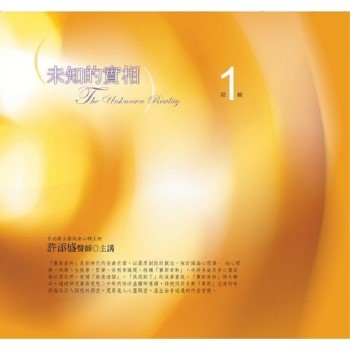"The Spectacular Mistakes of Europe" explores the ideologies and dynamics that have led to the "Forced Refugee Tragedies" in the West, as well as several other invasions of Middle Eastern and developing sovereign states in both past and present conflicts under calculations. This book critically analyzes the complexities of the Western refugee and immigration crisis and aims to address questions surrounding the resettlement of various Middle Eastern citizens in Western nations. The book carefully examines the issues surrounding refugee selectivity or rejection in parts of Europe and provides insights into the integration of forced refugees across the Western Nations. It also explores how this integration can lead to clashes of values between Western nations and refugees’ religious rights. The author discusses concerns about the implications of today’s refugee integration in modern Western Nations and explains how the future of West-Arab Europe could be remembered and then highlights significant mistakes made by Western nations in their decision-making process and how those mistakes could reflect in the future of West-Arab mixed cultural heritage. Furthermore, the book raises concerns about regime change politics outside the Western state territories and discusses how those mistakes could potentially help in encroaching on the Western-protected democratic ideals. The author emphasizes the challenges posed by the Western refugee/immigration crisis and delves into the origins of the massive influx of refugees into Western capital cities. The book also argues that conflicts and wars are not the only means of asserting hegemony in this age of globalization. "The Spectacular Mistakes of Europe" offers ideas for establishing a harmonious vision of global peace and stability. It provides solutions for addressing the underlying catalysts of the refugee crisis in the West and offers recommendations for democratic transitions worldwide that are truly constructive and sustainable. The author suggests that there are better alternatives than conflicts and wars to showcase the uniqueness of democracies.
| FindBook |
有 1 項符合
The Spectacular Mistakes of Europe的圖書 |
 |
The Spectacular Mistakes of Europe 作者:Danladi 出版社:New Generation Publishing 出版日期:2024-09-13 語言:英文 規格:平裝 / 148頁 / 22.86 x 15.24 x 1.02 cm / 普通級/ 初版 |
| 圖書館借閱 |
| 國家圖書館 | 全國圖書書目資訊網 | 國立公共資訊圖書館 | 電子書服務平台 | MetaCat 跨館整合查詢 |
| 臺北市立圖書館 | 新北市立圖書館 | 基隆市公共圖書館 | 桃園市立圖書館 | 新竹縣公共圖書館 |
| 苗栗縣立圖書館 | 臺中市立圖書館 | 彰化縣公共圖書館 | 南投縣文化局 | 雲林縣公共圖書館 |
| 嘉義縣圖書館 | 臺南市立圖書館 | 高雄市立圖書館 | 屏東縣公共圖書館 | 宜蘭縣公共圖書館 |
| 花蓮縣文化局 | 臺東縣文化處 |
|
|
圖書介紹 - 資料來源:博客來 評分:
圖書名稱:The Spectacular Mistakes of Europe
|











